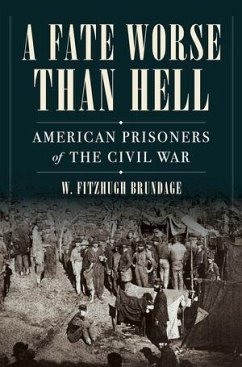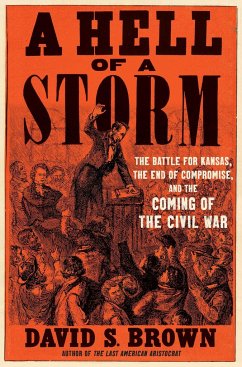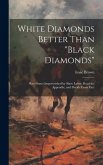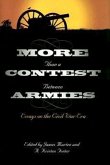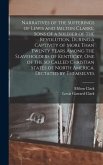It is newly estimated that 750,000 soldiers died in the American Civil War but less well known is that roughly 400,000 were captured and imprisoned-a milestone in the history of mass dehumanisation. Many POWs died from starvation, dysentery and exposure, and at the worst of the prison pens, more than 30,000 soldiers were caged. A Fate Worse Than Hell contemplates the roots and consequences of this mass incarceration from America's bloodiest conflict. Based on first-person prisoner accounts, photographs and contemporaneous journalism, W. Fitzhugh Brundage shows how POW camps were politicised by stalled negotiations and escalating retaliation between the Union and the Confederacy. Brundage also shows how prisons such as were the catalyst for the country's first formal laws of war, which became a bedrock for international law. A Fate Worse Than Hell exposes this national violence that imprisoned more Americans during wartime than ever before or since.
Bitte wählen Sie Ihr Anliegen aus.
Rechnungen
Retourenschein anfordern
Bestellstatus
Storno

